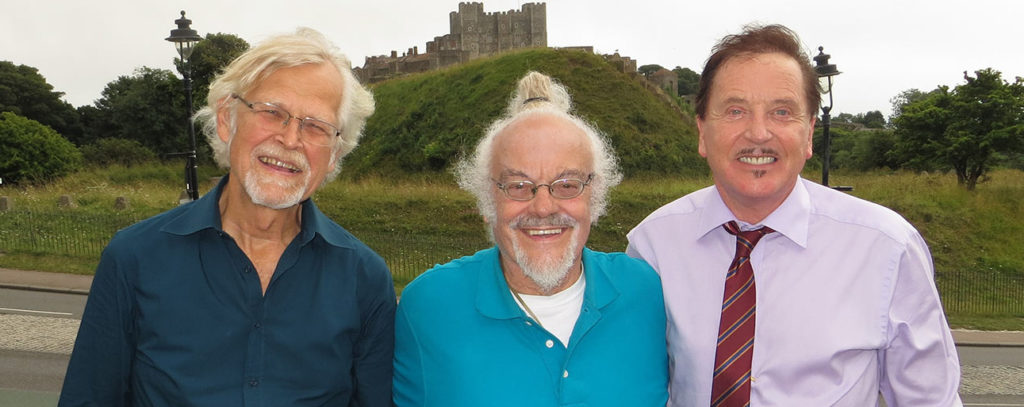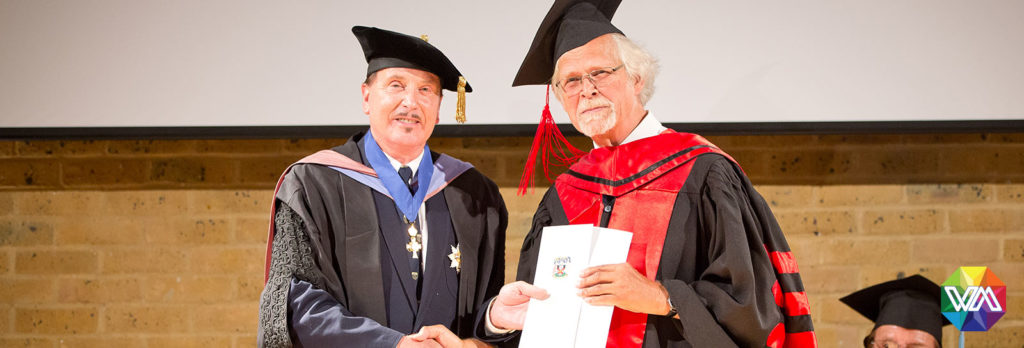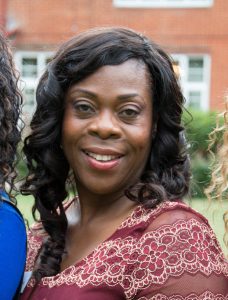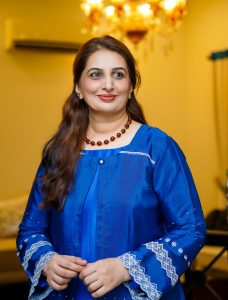
Asian art has been a lifelong passion for Swiss art historian Michael Henss.
He is renowned for his scholarly research on Tibetan monuments and tombs. He was able to answer some questions we put to him about his time studying for his PhD at Warnborough:
Why did you decide to do a PhD?
To continue my academic studies and complete what I have achieved during my many years of research in the field and at home. This has been on the monuments of Tibet.
What did you know about the program before you applied?
Before I applied, I wasn’t familiar with Warnborough programs.
Why did you choose to apply to our program?
Warnborough gave me the chance to complete the most essential of my academic studies (thesis completed 2012/2013) through a PhD degree based on my publications on Asian art. I had moved to this years after an early doctoral thesis on late Gothic tomb sculpture but couldn’t complete it. My German professor died after I had moved to Switzerland.
In what ways did your previous experience prepare you for graduate study on our program?
I had had over 100 publications (books and articles), lecturing experience, curatorship of The Dalai Lama’s exhibition in Zurich and Rotterdam and there were also my early years studying Asian art.
Describe the research project you’ve worked on during the program. What was the purpose of the project and what was your role in it?
There was field work and extensive research. The final phase of my Cultural Monuments of Tibet aimed to present the first comprehensive and systematic documentation on Tibetan art and architecture, past and present. I established and executed the entire project on my own, naturally and without many contacts or much assistance from other colleagues and institutions worldwide.
How would your professors / mentors describe you?
Very likely as a very passionate and thoughtful researcher devoted in a deep and broad way to the chosen subject matter.
How will you be able to make a contribution to your field, past graduation?
As a graduated scholar, my contribution to this field will be more widely accepted and I will have more opportunities to contribute. It will also encourage further projects in China, etc.
What are your hobbies? What do you do in your spare time?
I am interested in studying restoration, authenticity and analysis in Asian art. Also I am conducting radiography research of Buddhist metal statues and actively supporting a restoration project in the Indian Himalayas (Ladakh).
Did you find it difficult to study and work at the same time? How did you organise your time? What would you differently if you were to do it again?
I had my own book business (Asiatica Books, Switzerland) for many years and have done extensive lecturing. The essential parts of my study were closely-related. Organising my time was usually to complete the most urgent commitments. My ongoing studies and work cover a broad range of topics and the ‘work’ cannot really be separated individually. Therefore, there has not been much space to do other ‘different’ things.
What was the most challenging aspect of your study experience?
This was the field work and documentation. It has been a pioneering project that nobody else has been able to do for various reasons.
How will this program help you achieve your career goals?
Here are two examples: I was invited as a guest lecturer at Sichuan University in Chengdu (China) and also given the curatorship for museum exhibitions. The program has helped secure future commitments in my field.
What do you think about the experience with your mentor?
Although my mentors Professor Ehrhard and Dr Pagel did not have much work at the end of my program, I am especially grateful to Professor Ehrhard for his always encouraging and positive appreciation and assistance. He had never any doubt that my thesis would be ‘more than worthwhile to obtain the Ph.D degree. He was supporting the Warnborough program from the very beginning. I also have to thank Dr Pagel, Prof Flitsch and Prof. Thiele.
Dr Michael Henss graduated from Warnborough College Ireland in 2013 with a PhD in Art History.
Take a look at our Art History programs here:
You may also be interested in our Fine Arts programs:
Our Alumni age for Dr Henss:




